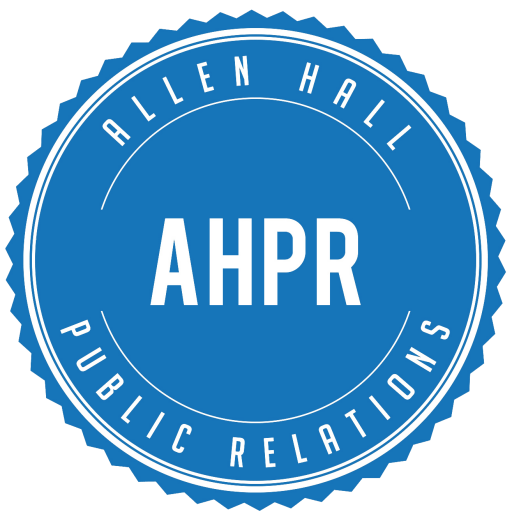As graduation approaches, the stress piles up for many students. Questions about the future raise ambiguity and doubt, but effective salary negotiation tips can guarantee that incoming PR professionals earn the salary they deserve.
Brainstorm Ideas for Portfolio
One vital part of any job interview is knowing what you bring to the table. It will show through to employers if you know how to highlight your unique skills and value as an employee. Take some time to brainstorm ideas for your portfolio. Think about your different accomplishments, skills, education, and relevant professional experiences that speak to the job you are applying for. Also, include any awards or recognitions that may be important to mention. This portfolio is a helpful tool for salary negotiation because it showcases that you know what you can contribute to public relations. If you can identify and illustrate what makes you an asset to the company, employers will probably recognize it.
Research Comparable Jobs, Target Salary, and Benefits
Research is another essential part of the job search and interview process. After you have identified a job title of interest, try researching comparable job titles on at least two other websites- it can be an effective way to help better understand what the job and company offer. It’s also crucial to set a target salary, a target salary range, and a walk-away point to help you understand your budget and personal needs for the negotiation process. Research salary ranges for your job to determine a good target salary and set it at or near the median. However, avoid stretching your target salary range above 15% your target salary. Last, it’s important to research and identify standard and nonstandard employee benefits to ask for during the negotiation process. These steps will help better assess your needs so you can be more prepared for future interviews.
Salary Deflection
During an interview, the topic of salary may arise, but do your best only to discuss compensation once you have received a job offer. Sharing your salary expectations before receiving a job offer will usually result in receiving an unfair pay offer that is a lower compensation than what the position might usually offer. When an employer mentions salary during an interview, a good deflection statement would be, “I would like to learn more about the position before I set my salary expectations.” Another situation to try to deflect during an interview is your salary history. In the state of Oregon, employers are prohibited from asking for someone’s salary history, so never feel obligated to share that information. Always be sure to research local pay equity laws before entering an interview.
Practice, Practice, Practice
Do you know the saying practice makes perfect? Well, it’s true! The fourth and final tip is to practice, practice, practice. Your negotiation skills will not improve unless you are constantly exercising them. We recommend finding a friend and actually acting out a negotiation talk. Pick one person to be the employer and one to be the employee. Once you have determined who’s playing what role, have the employee decide if they are negotiating for a new job, a raise, or a promotion. Next, write three value statements. These can be things like your accomplishments, experiences, and awards. Just make sure the three you choose to highlight the personal value you bring to the table. Write down two benefits that make this job compelling, and pick a target salary range. Now you’re ready! Take a deep breath and be objective, strategic, and persuasive!
